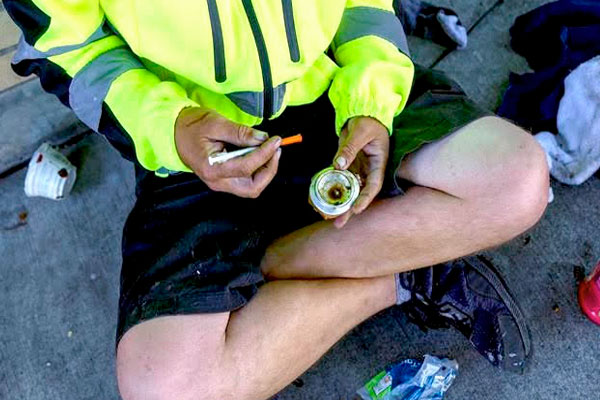THE OPPOSITE? –
Sept. 28, 2023 – Oregon’s drug decriminalization experiment isn’t popular at the moment. Measure 110, the citizen initiative that removed serious legal penalties for all illicit drug possession and directed millions of dollars of state resources toward harm-reduction and treatment programs, has been painted by local and national media as insufficient at best and destructive at worst since its implementation in 2021. News stories this summer portrayed Portland as afflicted by rising opioid overdose rates and suggested that Measure 110 played a role in their increase. Though 58% of Oregonians voted for the legislation in 2020, in an August poll from Emerson College 64% of respondents said they were in favor of walking back at least parts of the bill.
Initial data from the first post-Measure 110 year, however, tell a different story. According to a paper out Sept. 27 from researchers at NYU’s Grossman School of Medicine, there is no evidence that Measure 110 was associated with any change in fatal drug overdose rates in Oregon. The same is true of a since-abandoned decriminalization program in adjacent Washington State. “Overdoses were going up before, and overdoses continued to go up,” says Corey Davis, an assistant clinical professor at the NYU’s Center for Opioid Epidemiology and Policy and a co-lead author on the paper. “It seemed that there was some opportunistic pointing at Measure 110” in light of continued increases, he says, but the trend likely continued despite the policy change, rather than because of it.



